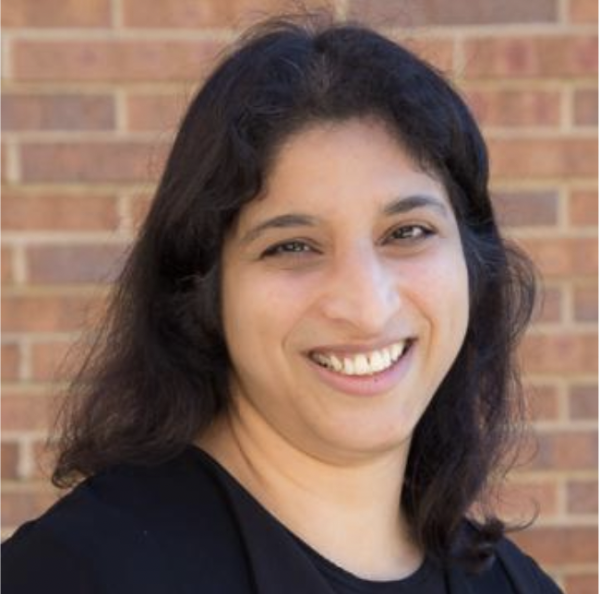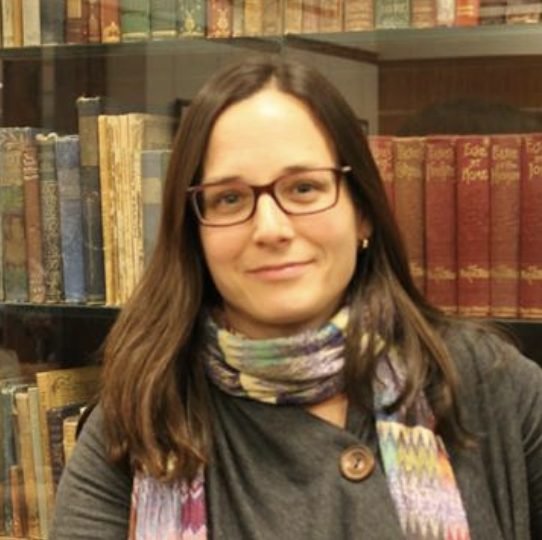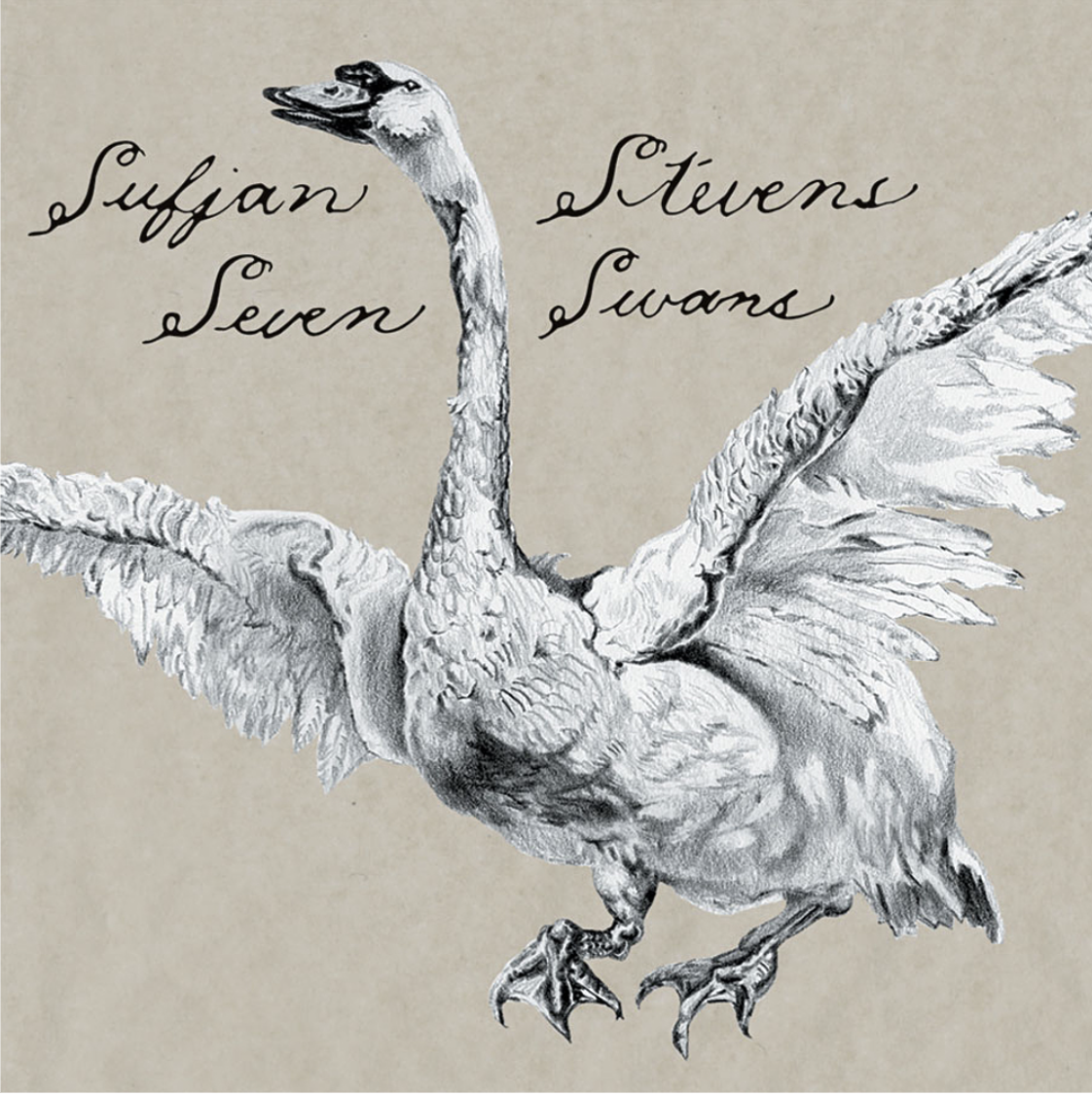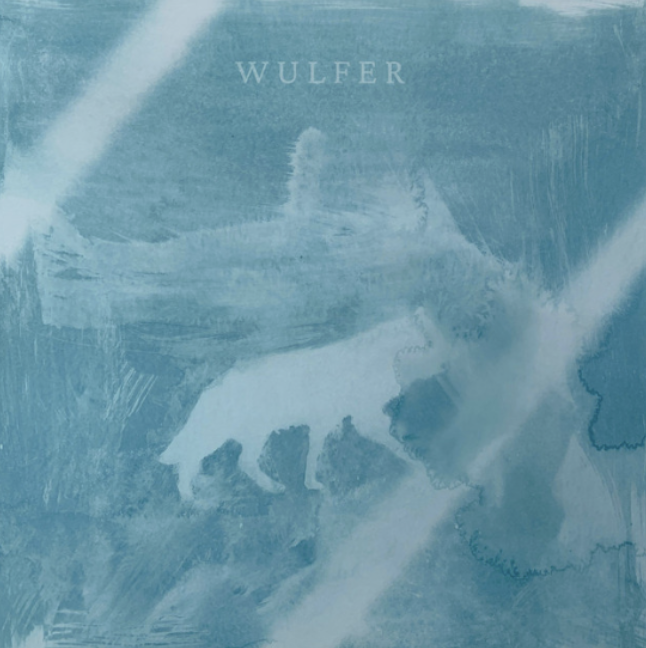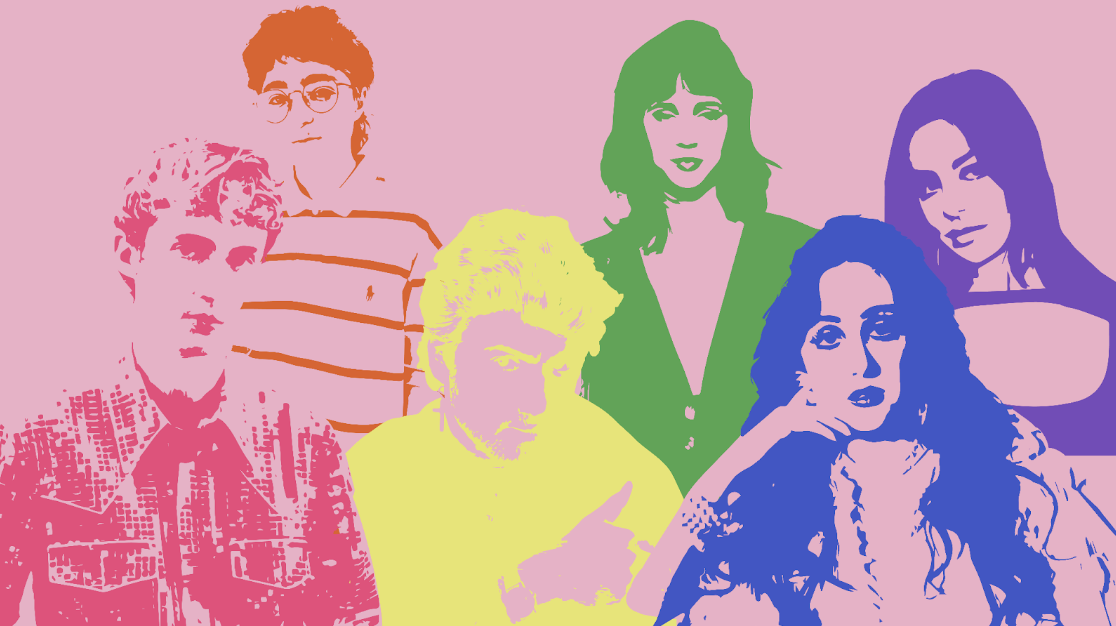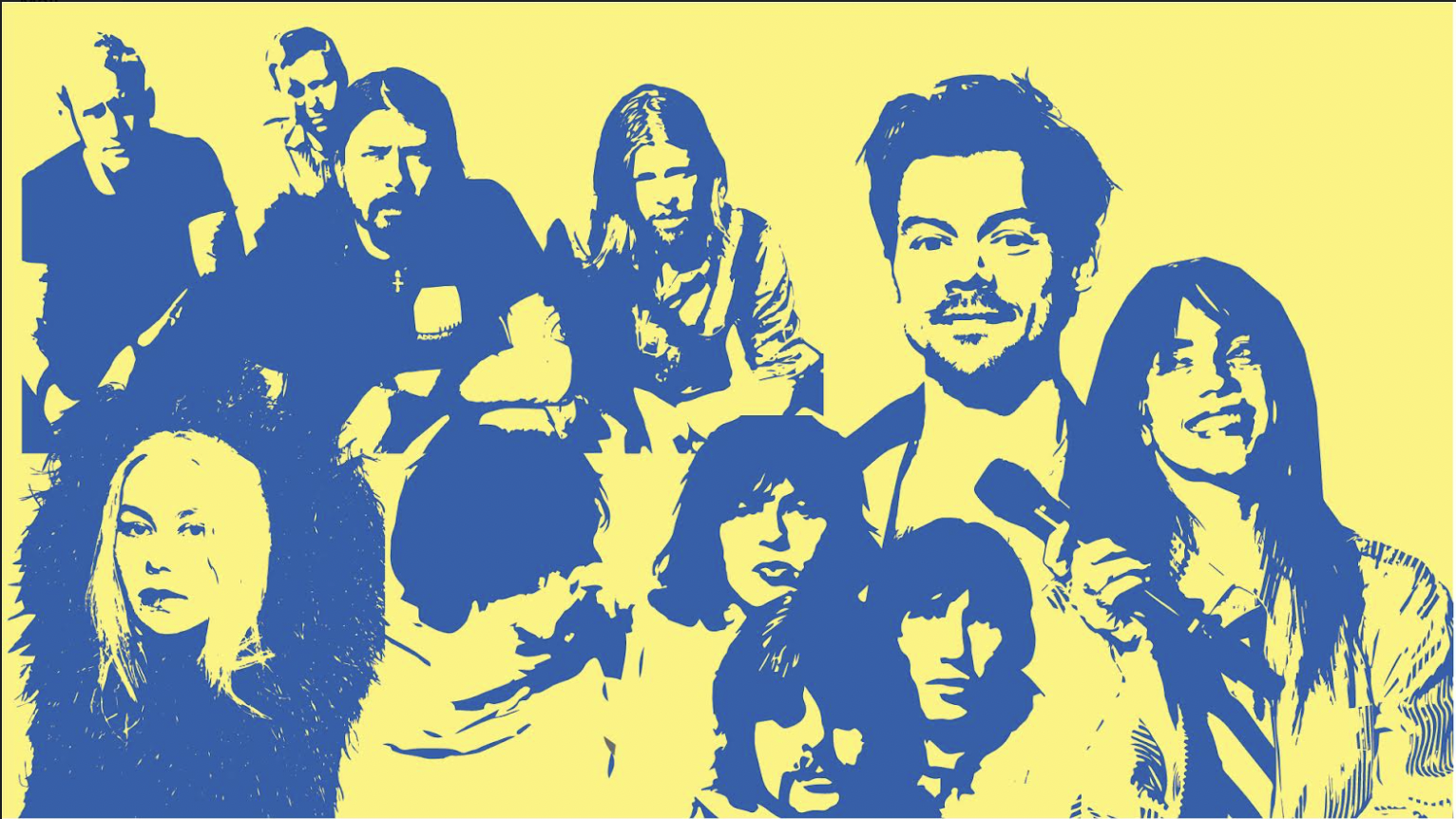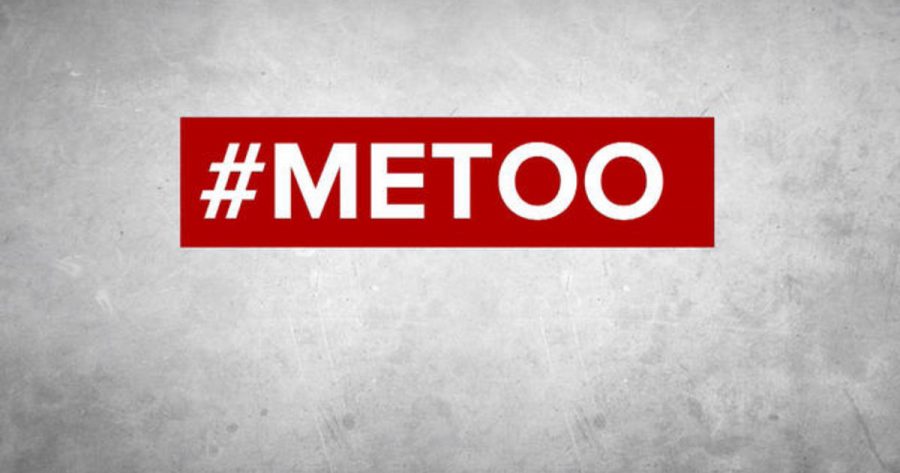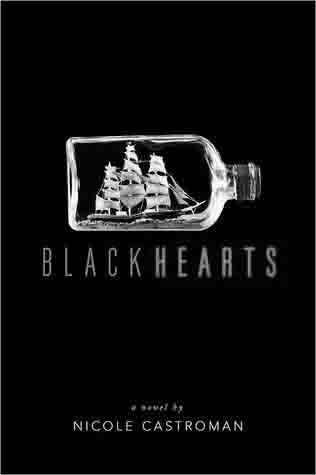By Emily Chicklis
Contributing Writer
The Class of 2018 was promised that its FYS book would be a conversation-starter, and this year’s novel has already caused mixed feelings and strongly divided opinions.
Dave Eggers’ “The Circle” introduces a world of absolute transparency and obligatory social interaction—a dystopia that needs no Big Brother, because it is generated by the public.
Mae Holland is the new girl on campus at the titular Circle, a corporation resembling a merger amoung Google, Facebook, and every other social media outlet in existence. She works under the direction of the Three Wise Men, who are reminiscent of Mark Zuckerberg and the founders of Google.
As their title suggests, the Wise Men are dedicated to spreading the good news of technology’s potential to save mankind. They also promote Orwellian slogans like “Secrecy is Lies,” “Privacy is Theft,” and the preschool favorite, “Sharing is Caring.”
The Wise Men are complemented by the Three Overbearing Boyfriends, who, in between more intimate scenes, always seem to have an agenda to push. There’s one Circle-bashing ex, one office romance who posts the aforementioned intimate moments online, and the enigmatic Kalden, who lurks around campus unnoticed by anyone but Mae—and even she is unsure of his identity.
Eggers’ concept is an interesting one, but his execution is shaky. The Circle itself, a cult-like corporation with a monopoly on the tech industry, is an excellent plot device. One company represents the benefits and drawbacks of a technological age. However, the novel has already established that the Circle is totalitarian: we learn little about how the company came to power, and its path to complete domination is unchallenged. Every new invention is readily accepted by a devoted public.
What this book desperately needs is dynamic characters to create some sense of change, and Mae definitely does not satisfy that need. If our one-dimensional heroine-turned-unwitting-pawn has any complex inner struggle, it is only glimpsed during rare moments of reflection (read: kayaking), and her increasingly obsessive need to be liked makes her that much more of an unlikeable character.
Mae’s lack of substance is surely intentional; she represents a generation defined by social media. However, it is difficult to keep readers engaged in a novel that centers around a vapid non-character. Eggers carries readers forward, and the monotony of Mae’s inner dialogue is somewhat mitigated by deft descriptions, funny misunderstandings, and truly chilling scenes. Yet in just under 500 pages, Egger never really makes a bold, original statement, and the points he does put forward he gets across perhaps a little too well. The novel’s symbolism is heavy-handed, from the glass buildings of the Circle’s campus and an unnecessary, too-obvious shark tank metaphor to characters who fall just short of saying “Listen up, Mae: this is the Point of the Story right here.”
Though character development is minimal (read: non-existent), “The Circle” is a strong cautionary tale—and between the NSA scandal and body cameras for police, Simmons students are wondering if Eggers’ vision is already closing in.



